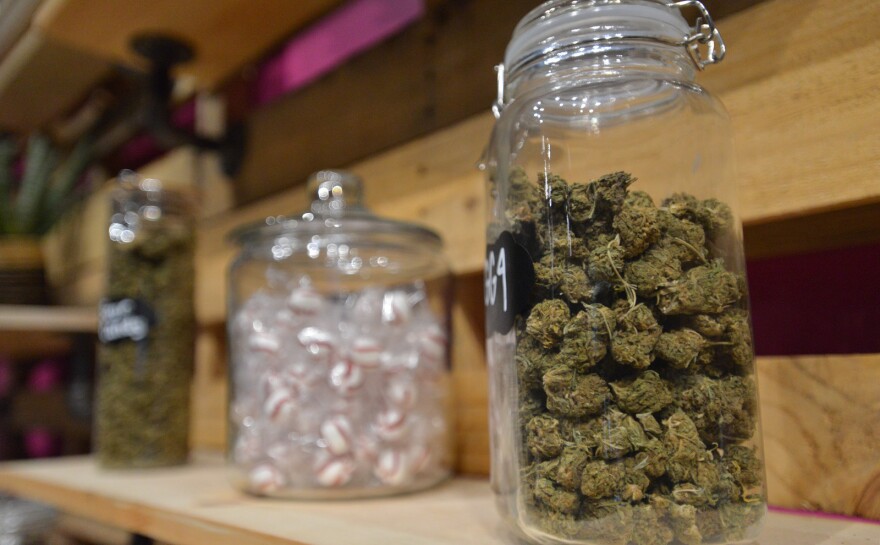South Dakota Resident Initiates Effort to Repeal State’s Medical Cannabis Law
LOS ANGELES– Newell resident Travis Ismay has launched an ambitious effort to convince voters to repeal South Dakota’s medical cannabis law, approved with overwhelming support in 2020. However, Ismay may face an uphill battle, as the program gained significant public approval during the initial vote.
Attorney General Marty Jackley revealed that Ismay’s proposed ballot initiative seeks a complete repeal of the state’s medical cannabis program. If successful, the initiative would not only outlaw existing medical cannabis dispensaries but also criminalize the possession and use of all cannabis products. Notably, the state’s hemp industry would remain unaffected by the proposed changes.
The public has until August 6 to offer their comments on Jackley’s summary of Ismay’s proposal. The language submitted by Ismay in early June outlines a comprehensive eradication of all existing state medical cannabis laws, reflecting his staunch opposition to cannabis legalization, as reported by the Dakota Free Press. However, Ismay declined to provide a statement to the Rapid City TV station KOTA.
To secure a spot on the 2024 ballot, Ismay must collect over 17,000 signatures in support of his repeal measure. This poses a formidable challenge given the state’s previous endorsement of both medical and recreational cannabis in the November 2020 election. It is worth noting that the state Supreme Court invalidated adult-use legalization in a ruling in 2021.
Despite the setback to recreational cannabis, South Dakota took a significant step forward in the cannabis industry when medical cannabis sales officially commenced in July 2022. This development marked a notable milestone for patients seeking cannabis-based treatments in the state.
As Ismay’s proposal advances, it is expected to ignite discussions and debates across South Dakota about the future of medical cannabis access and its potential implications for public health and the economy. With divergent opinions on the matter, the fate of the state’s medical cannabis program remains uncertain until the matter is brought to the voters for consideration.


































